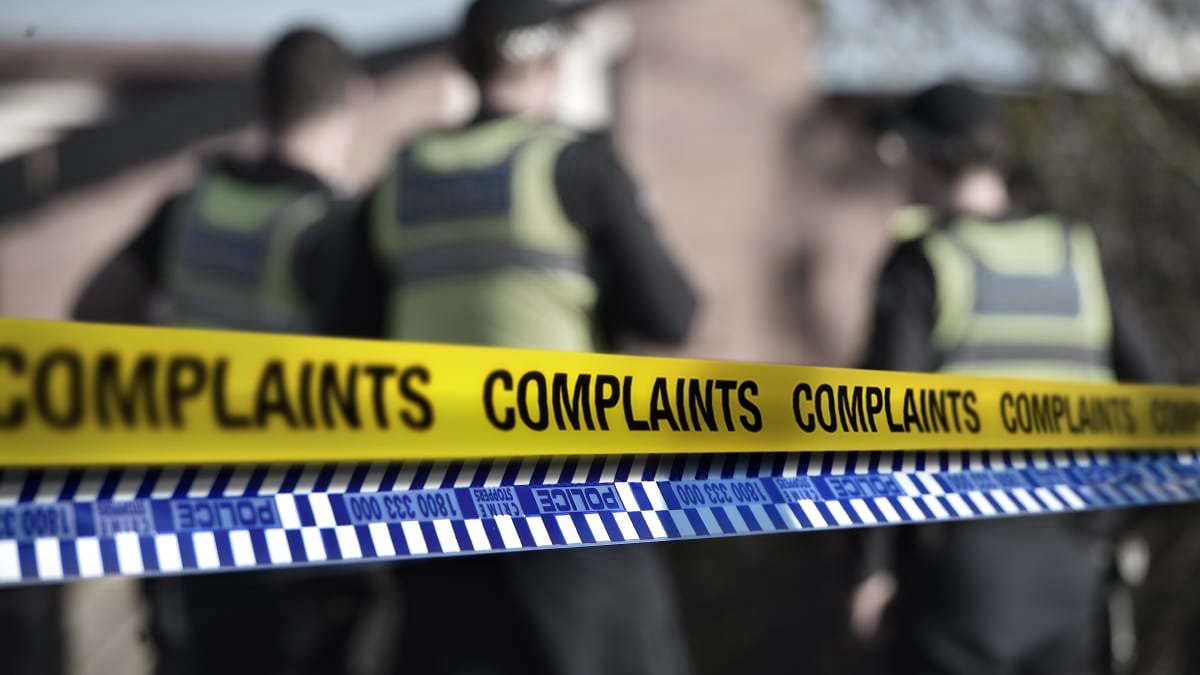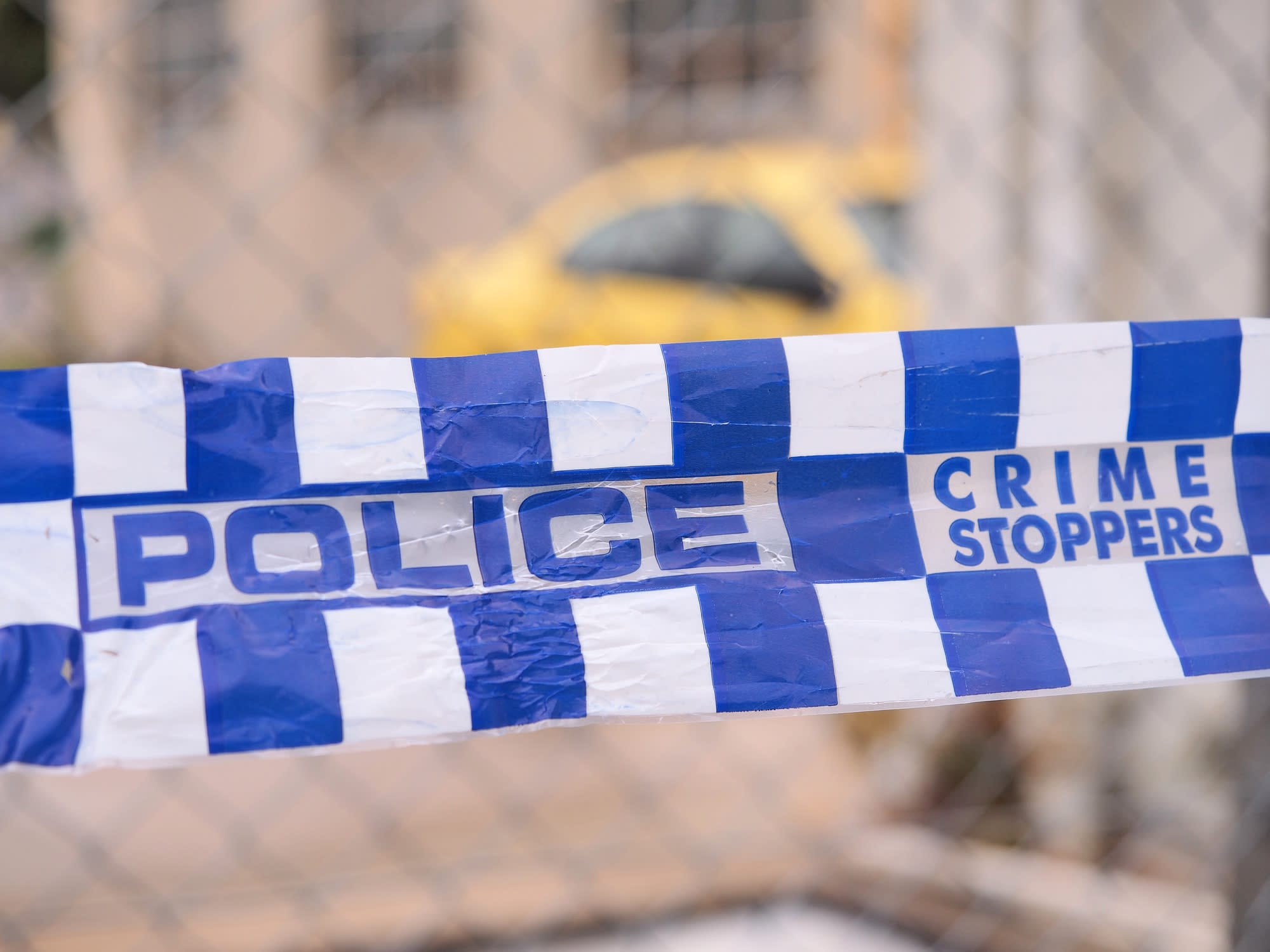
The quote above is not what I had expected to hear when I began speaking with young people from diverse cultural backgrounds as part of my Future Fellowship research. My objective was to explore the impact of both positive and negative experiences with police on young people’s feelings of belonging. What I heard were repeated allegations of serious police misconduct and abuse of powers that were too frequent and consistent to ignore.
Accounts ranged from racial abuse, intensive police surveillance, unreasonable use of move-on powers and discriminatory stops, to serious violence.
Parents recounted being repeatedly followed by police cars when driving, being rebuffed when they approached police for help, and fearing that their children would be mistreated or criminalised through unwanted encounters with police.
One distraught mother who had received an unscheduled home visit by multiple police officers explained to me that, had the police phoned to say they wanted to speak to her teenage son, she would simply have taken him to the station.
Reports such as these subsequently informed a submission to the Inquiry into the External Oversight of Police Corruption and Misconduct in Victoria conducted by the Parliamentary Committee that oversees the Independent Broad-Based Anti-Corruption Commission (IBAC).
Other submissions from community legal centres and law firms painted a similar picture of repeated misconduct and criticised a system in which police effectively investigated themselves.
The IBAC committee tabled its report on September 4. Among its 69 recommendations are the establishment of a dedicated Police Corruption and Misconduct Division within IBAC that would investigate all ‘serious’ complaints of police misconduct, new legislated standards covering investigations still to be conducted by Victoria Police, and a more ‘complainant-centred’ approach.
Read more Policing family violence: duty failures and accountability
The report brings us to a significant crossroads for policing in Victoria.
Accountable policing is a cornerstone of democratic governance and can provide a foundation for community safety and social cohesion. And yet one community leader and mother interviewed in my research described the failure of police to protect her community in these terms:
‘We came here because we know this country is secure," she said. "Now we don’t have any security."
Falling short
While an independent complaints system of the type recommended by the IBAC Committee is clearly necessary to underpin accountable policing in Victoria, the question that remains is whether it would be sufficient to achieve that goal. There are several reasons to suspect it may not.
Firstly, disadvantaged populations need advice and support to lodge a complaint. The Inquiry has recognised this to some extent through recommendations to establish ‘complainant welfare managers’ in both IBAC and Victoria Police. However, given the fear and cynicism evident in some quarters, it seems likely that independent support from youth, community or legal workers will also be needed to build confidence in any new system.

Secondly, lodging complaints under the current system has often proven to be not only ineffective but, in the words of one front-line youth worker, ‘counterproductive’. Any reformed system would need to ensure that fear of reprisals did not deter legitimate complainants.
The IBAC recommendations leave less serious complaints to be handled by Victoria Police. However, the measures recommended to prevent reprisals seem to be directed primarily to internal whistleblowers.
Thirdly, the definition of ‘serious misconduct’ will be open to ongoing debate. Even if an expansive definition is ultimately adopted, many problematic contacts with police will still fall below the threshold. This could include patterns of repeated intrusive, disrespectful, racist or aggressive policing that can do much to harm confidence in police within targeted communities.
The recommendation that matters dealt with informally through police Local Management Resolution mechanisms and the Management Intervention Model should be considered as ‘complaints’, and therefore subject to oversight by IBAC, could strengthen the capacity to deal with recurring or systemic issues.
Considerable efforts are being made by specialist sections of the Victoria Police to build good relations and trust with minority communities. But these community policing efforts will be routinely undermined if operational police are working to a different script. This requires a rethink of the styles of policing being deployed in everyday policing.
The government that comes to power after the upcoming state election will decide whether to provide the resources needed for the independent police complaints system that is long overdue within the state. But it is Victoria Police itself that could make the organisational changes needed to reduce the need for complaints in the first place.
At the time of writing for Monash Lens, Leanne was an Associate Professor of Criminology, Co-Director of the Border Crossing Observatory ,and Australian Research Council Future Fellow in the School of Social Sciences.





